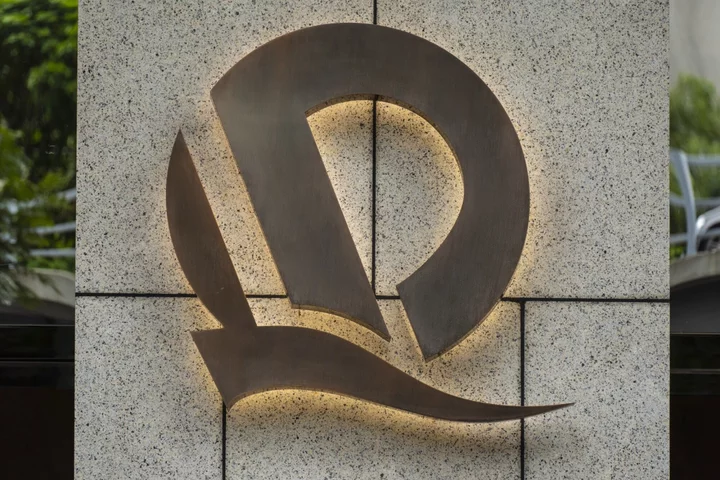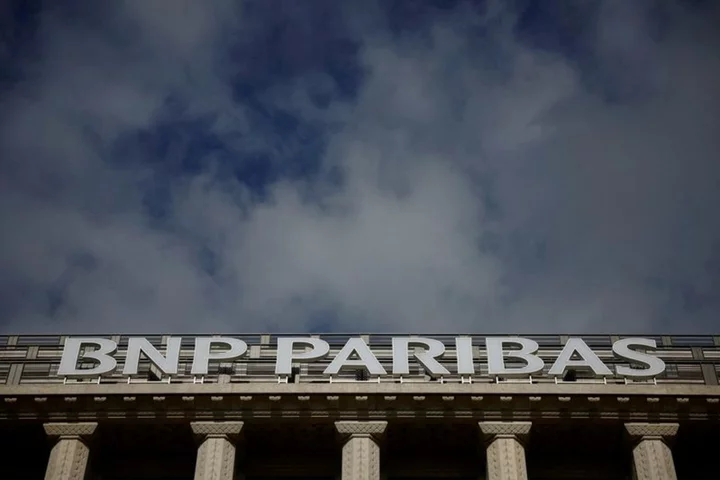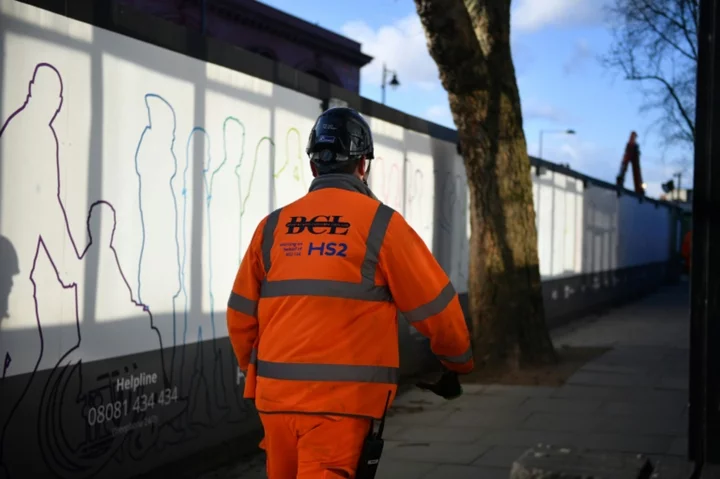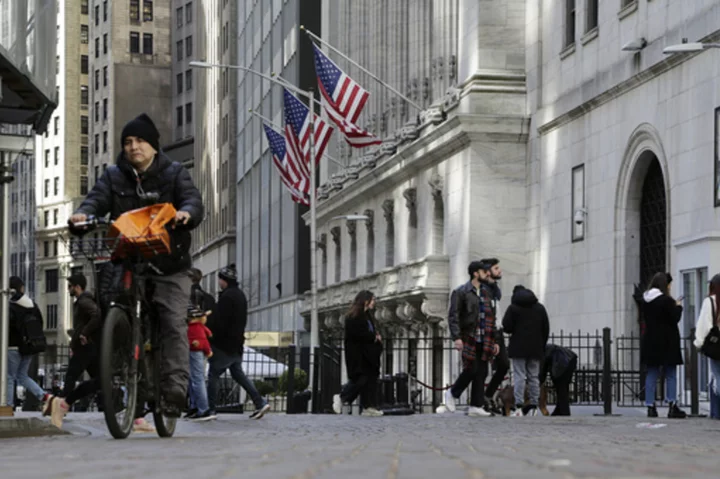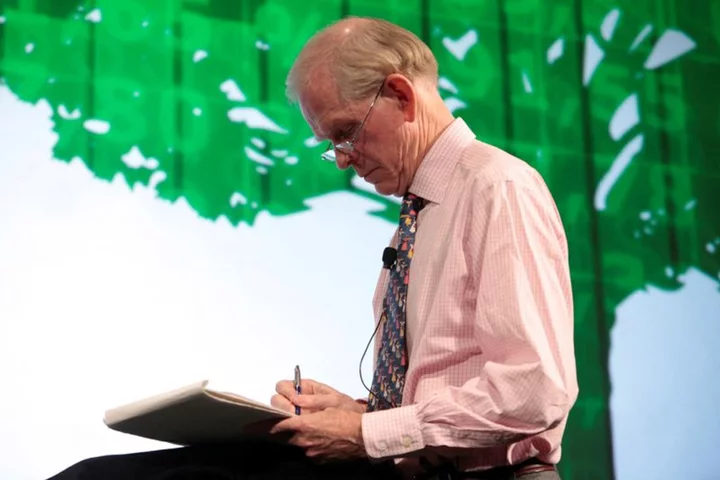Bundesbank President Joachim Nagel said it’s too soon to sound the “all-clear” on inflation even as the German central bank lowered its outlook for inflation through 2025.
Consumer-price growth will come in at 6% this year and slow to 2.7% in 2025, according to a bi-annual outlook published Friday. That compares with prior forecasts of 7.2% and 2.8% respectively. The slower outcome is all down to energy, while core inflation — which strips out such volatile elements — is proving to be “stubbornly high.”
Nagel, who also sits on the European Central Bank’s Governing Council, also forecast “sharply rising wages and a robust labor market” in the near future.
“Although we are seeing a pleasing decline in inflation, we are still a long way from the all-clear,” Nagel said in a statement. “Above all, the German economy is still struggling with the consequences of high inflation.”
The Bundesbank raised its prediction for 2023 gross domestic product to a contraction of just 0.3%, while lowering forecasts for growth in the following two years.
That bleak outlook come after comments from the Economy Ministry earlier this week, saying that output has yet to see a “noticeable pickup” following a winter recession.
Factories continue to see significantly lower demand than last year, while a key gauge measuring the country’s business outlook has started to deteriorate. At the same time, stubbornly strong inflation is weighing on consumer spending, with a strong labor market a rare bright spot softening the squeeze.
The Bundesbank published its projections one day after the European Central Bank presented an update to its outlook for the 20-nation euro zone. Stronger inflation through 2025 convinced policymakers to raise the deposit rate by another quarter point to 3.5% and signal another step for July.
While President Christine Lagarde didn’t offer any guidance beyond next month, Nagel had said before the Governing Council meeting that he wasn’t convinced rates would reach their peak as early as this summer.


